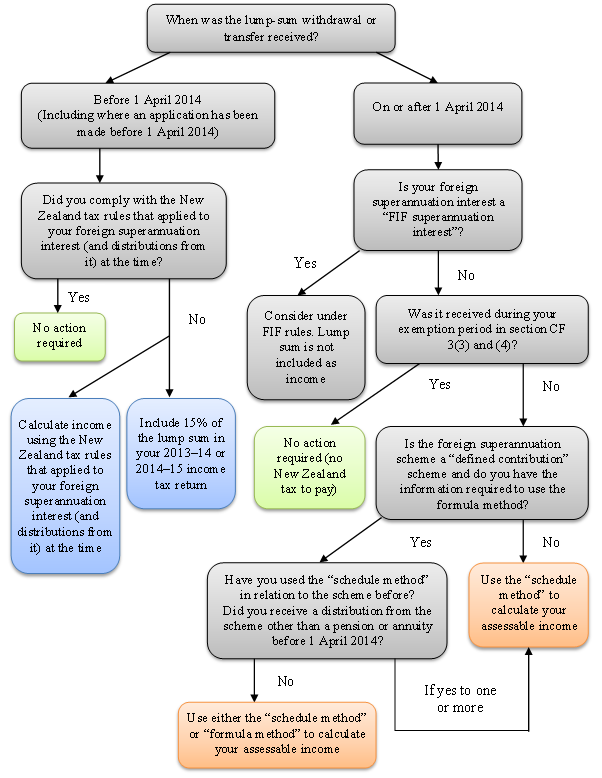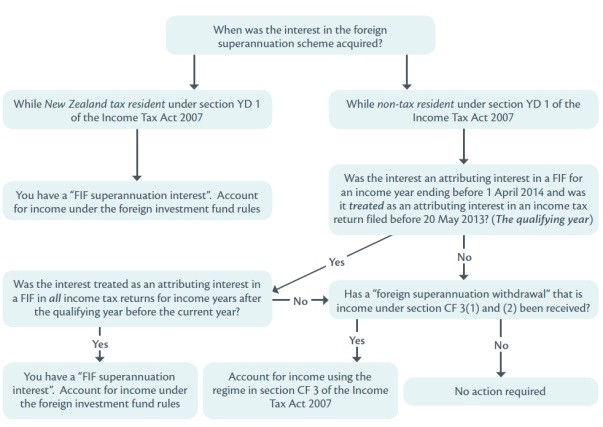Tax Breaks for a Foreign Residence
Post on: 11 Май, 2015 No Comment

The substantial tax breaks available to U.S. home owners are also available to U.S. citizens who reside outside the U.S.
There is a tax free gain of up to $250,000 per taxpayer ($500,000 on a joint return) for gains realized on the sale of a principal residence — as explained below. Interest on loans secured by a residence is deductible — subject to some limitations. Real estate taxes imposed on a residence is also deductible. If a part of a residence is used exclusively for a trade or business, then that portion of the residence can be depreciated and a proportionate part of the utilities, insurance and other expenses of the home are deductible — also subject to limitations.
In most respects, the same rules apply to a residence in a foreign country owned by a U.S. taxpayer.
The Tax Relief Act of 1997 included a huge tax break for owners of highly appreciated homes who want to sell and move to a rental property or to a smaller home. For sales after May 6, 1997, up to $250,000 of gain on the sale of a principal residence is tax free for single taxpayers and up to $500,000 for couples filing a joint return. This new rule replaces the previous rule that provided a one time tax free gain of up to $125,000 for the sale of a principal residence for taxpayers over the age of 55 and the tax free rollover of gain from one residence to another.
The new exclusion is available every two years. Sales prior to May 7, 1997 are not taken into account in determining whether a home has been sold in the past two years.
There are no age requirements any more. The main requirement is that the taxpayer must have owned and occupied the property as his or her principal residence for at least two of the five years preceding the sale of the home.
The $500,000 exclusion for married couples requires that both spouses must meet the use test but only one spouse needs to meet the ownership test. If only one spouse meets the use test, that spouse may still use the $250,000 exclusion.
The tax deferred roll-over of gain by re-investing the proceeds from one home in a home of equal or greater value is repealed.
There arent any new rules relating to the deductions for interest on a home mortgage, which will most likely encourage many families to buy the biggest home they can buy, with the maximum amount of debt that they can afford. The interest on the loans will be deductible (until the congress changes the rules) and any gain on the property will be tax free. Thus, there is a great incentive to leverage the home with as much debt as possible in order to buy the biggest possible home. However, the astute home owner will want to be sure that the annual increase in the market value of the home is at least as great as the after tax cost of the interest on the home.

For example, if you are in the 28% federal tax bracket and the 5% state income tax bracket, 1/3 of your interest would be offset by tax savings. Thus, if you have to pay 7.5% interest on a home loan, the after tax cost of that interest is 5%. In order to come out ahead with the debt, the value of the home would have to increase by at least 5% each year — even though the future gain would be tax free.
If a home is sold for a gain of more than $250,000 ($500,000 for a married couple), the excess gain would be treated as a long term capital gain as long as the property was owned for more than 12 months.
The exclusion appears to be available for a residence outside the U.S. as well as for those within the U.S. However, there may a currency gain or loss element involved that will alter the amount of the gain or loss on the residence. The cost of the house for U.S. tax purposes would be based on the cost in U.S. dollars, even though the actual purchase was made in a foreign currency. Likewise, the sales proceeds from selling the home would be based on the amount received in terms of U.S. dollars. Thus, the dollar gain or loss could be very diferent from the gain or loss in terms of the currency where the residence is located. Additional complications may arise if the house is financed with a mortgage loan in a foreign currency rather than in U.S. dollars.
Another factor is that every major country that permits a foreign person to acquire real estate will impose some kind of tax on the sale of the residence. If it’s an income tax, the taxpayer could claim a foreign tax credit where there is a double tax on the gain. However, to the extent that the gain is excludable from U.S. taxes the foreign tax credit would not be allowed. If the foreign tax is not an income tax, the tax would be deductible as an itemized deduction, but again, deductions relating to excludable income are not allowed.
Although I have not found any specific mention of this issue, taxpayers who claim an exclusion for foreign housing expenses in connection with a foreign residence may be faced with an argument with the IRS over whether the exclusion for a gain on the sale of a residence and an exclusion for the cost of foreign housing costs would both be permitted for the same residence property.














